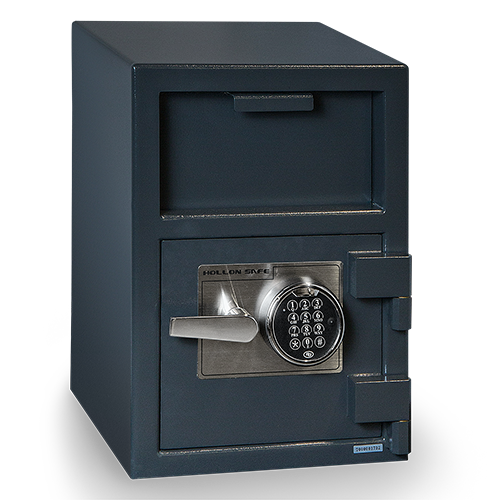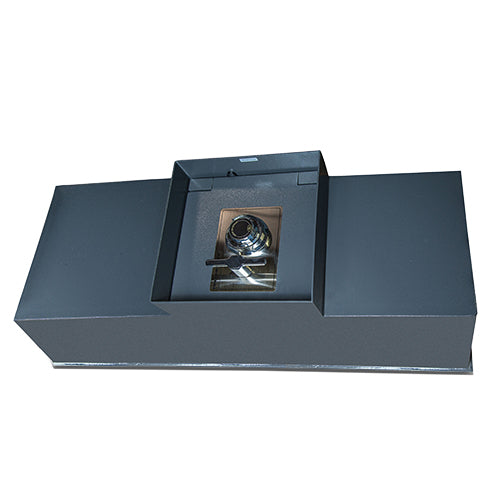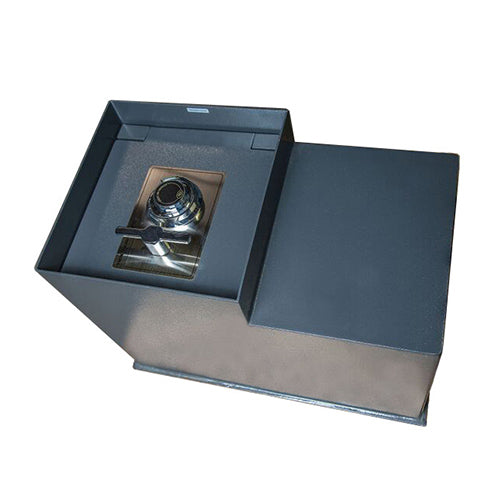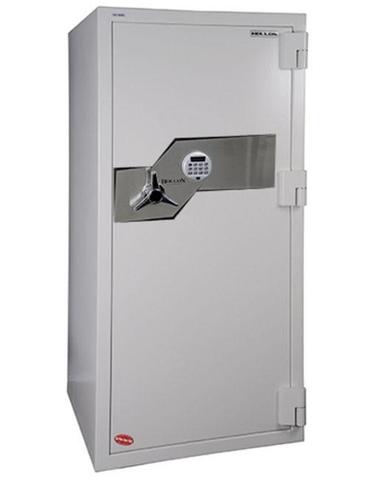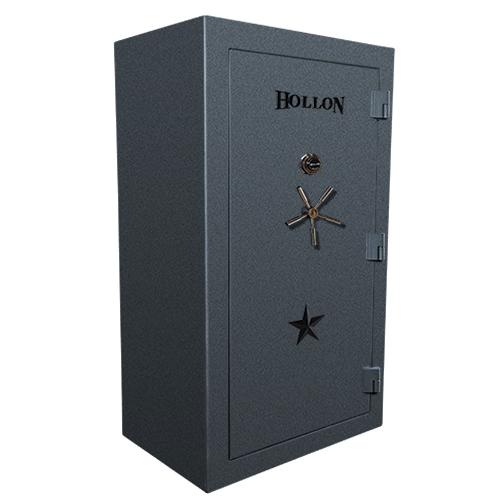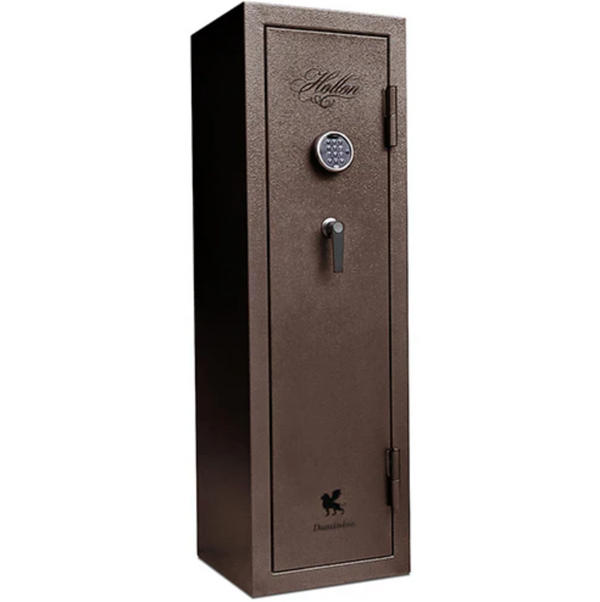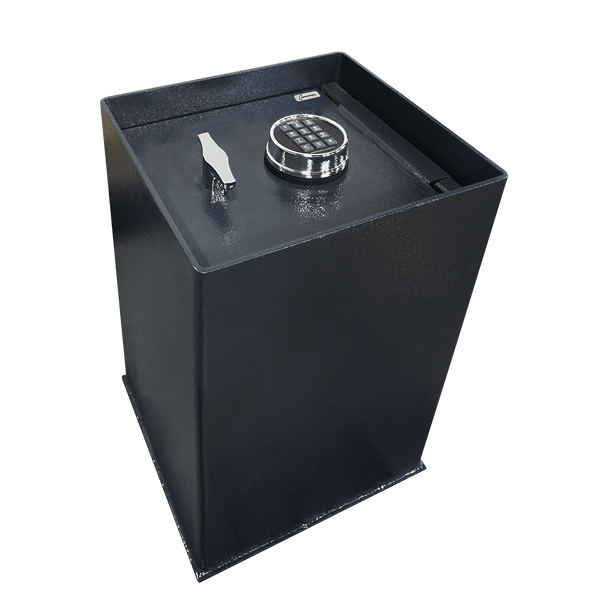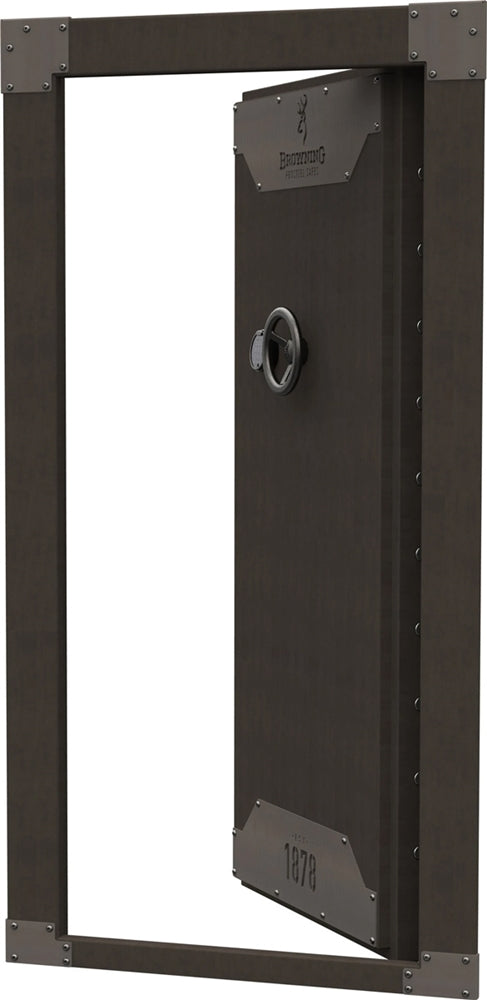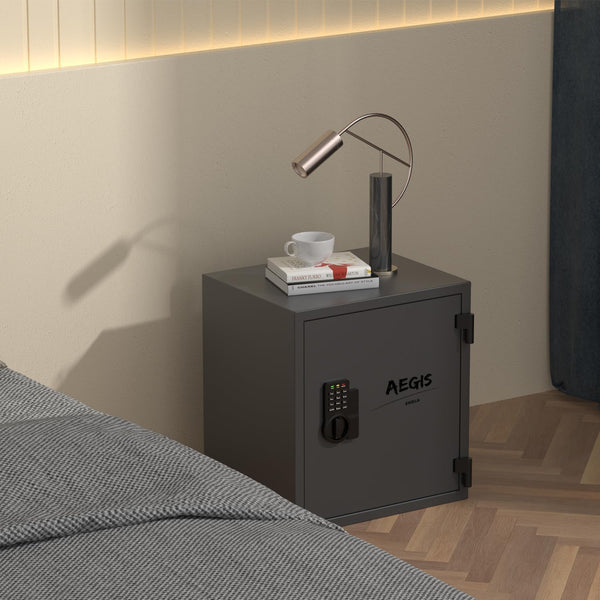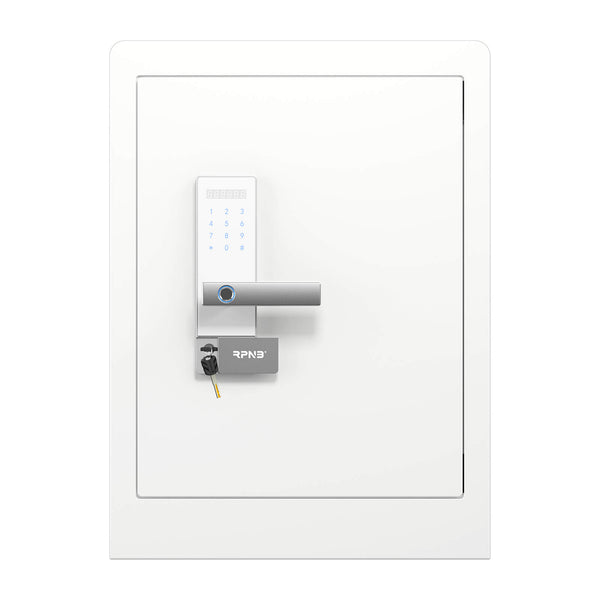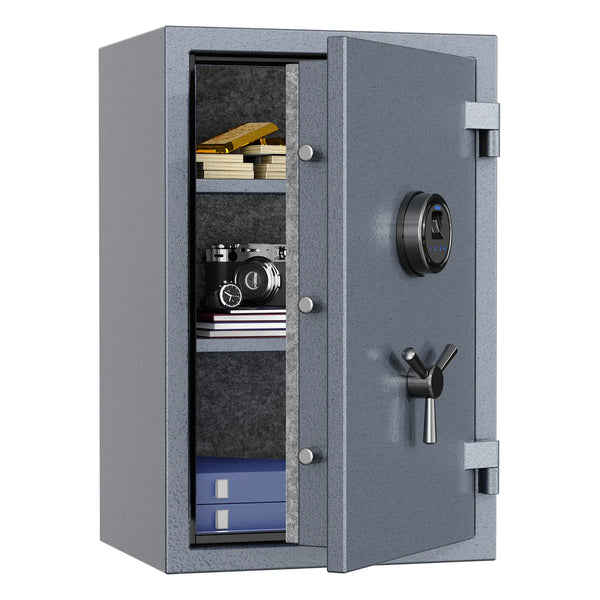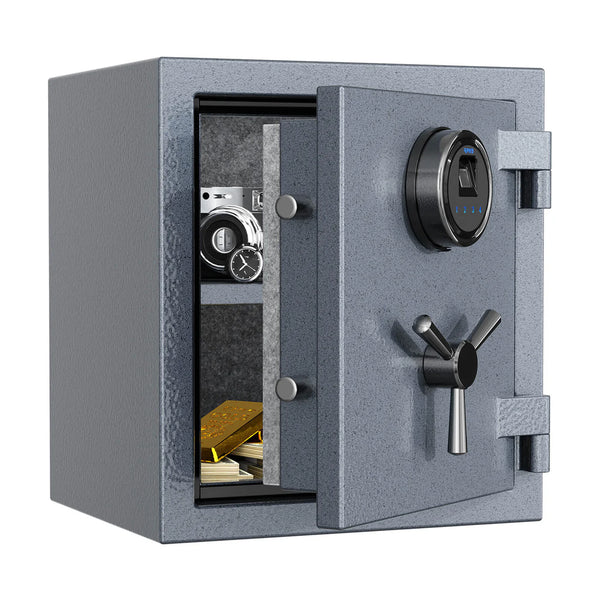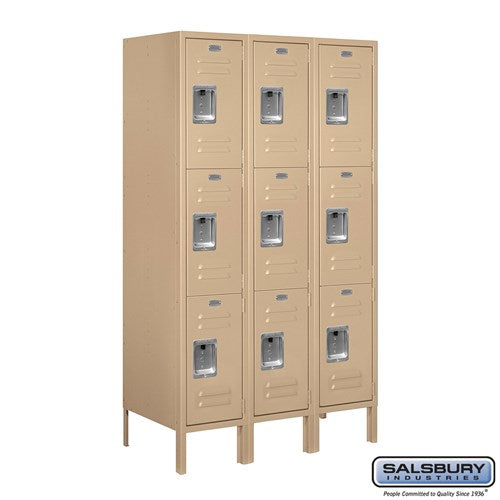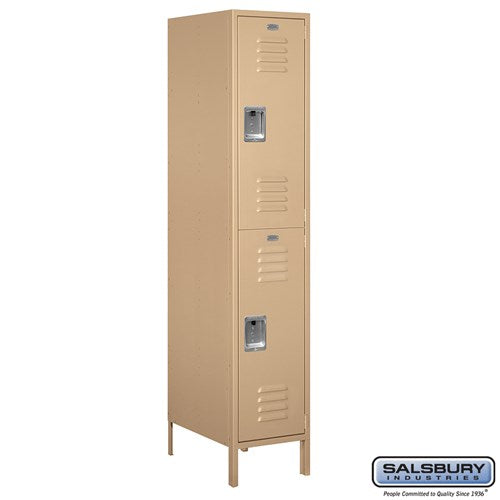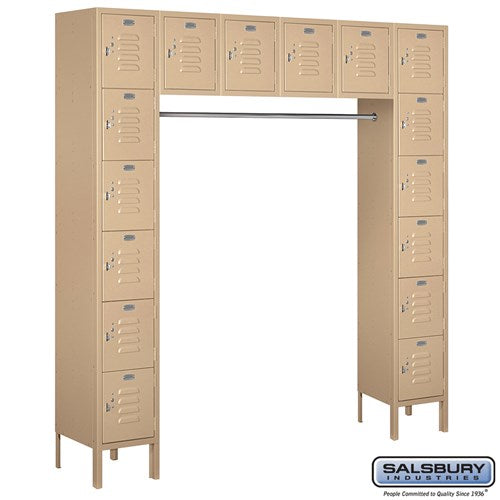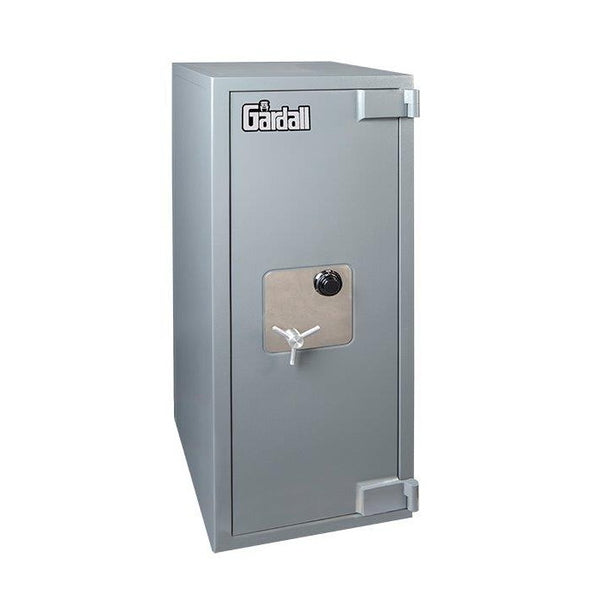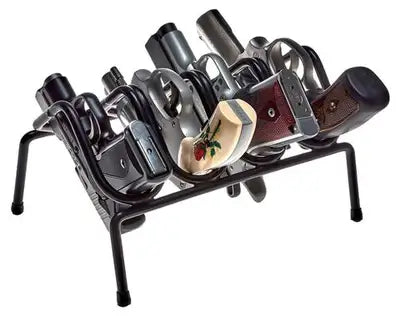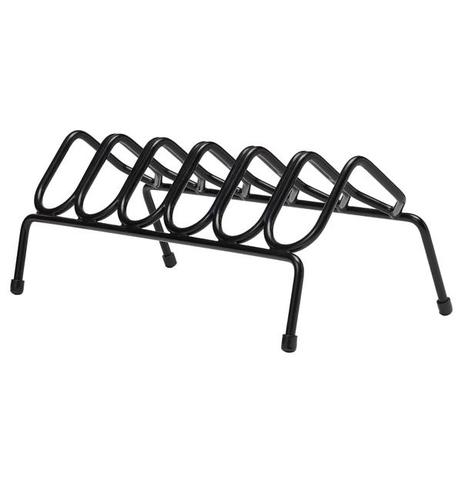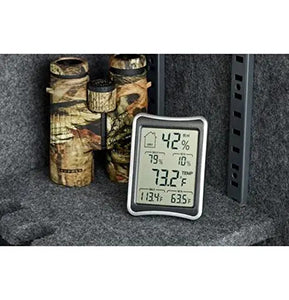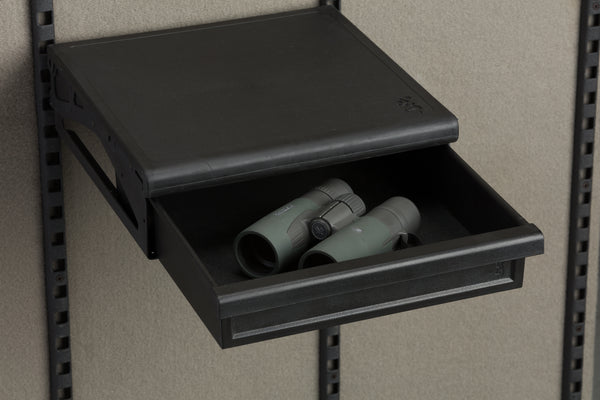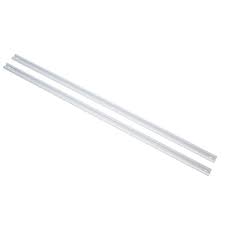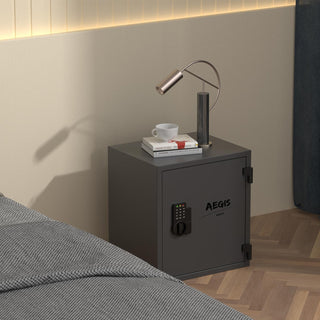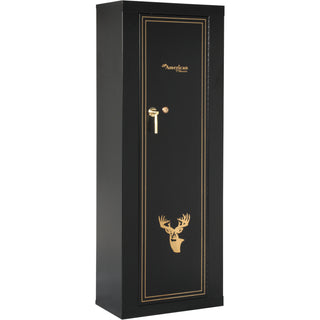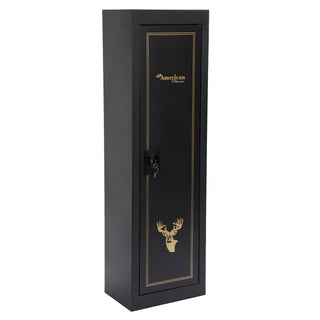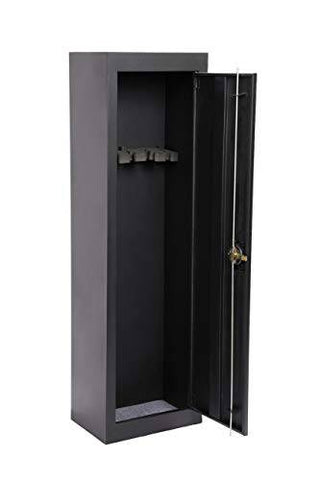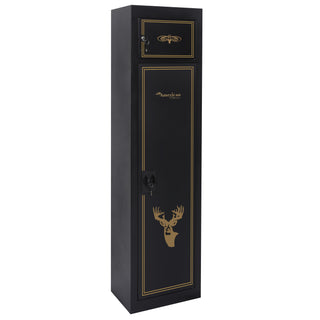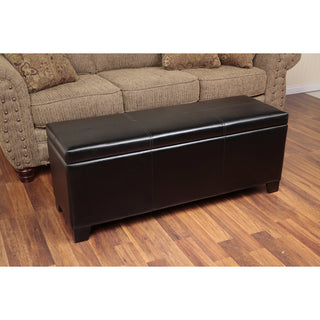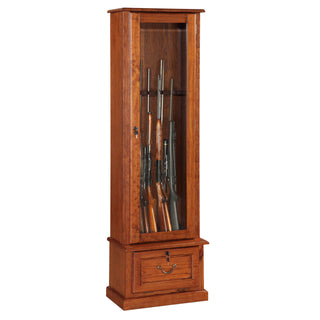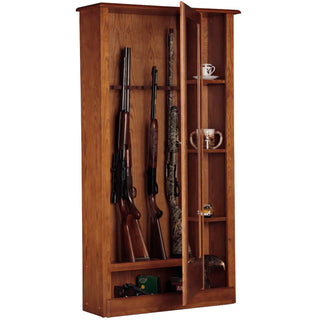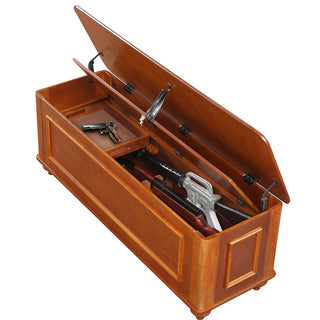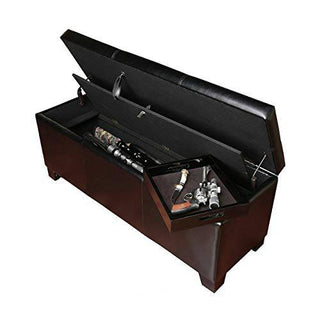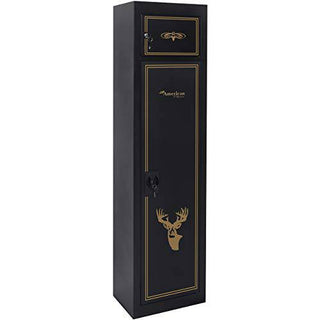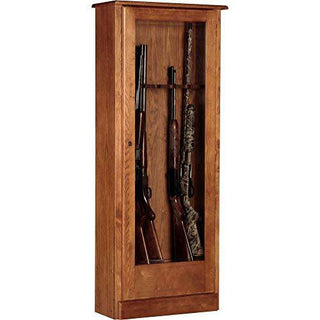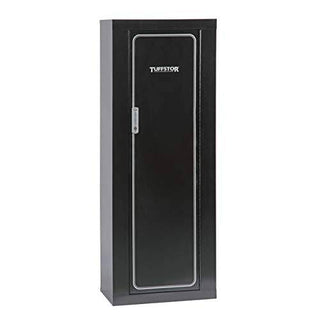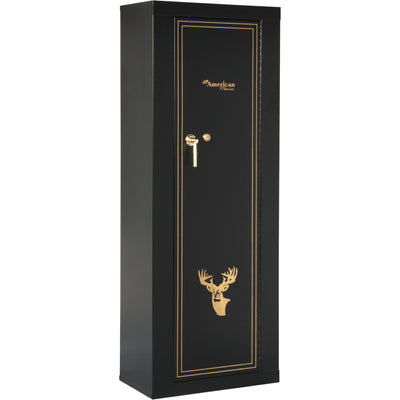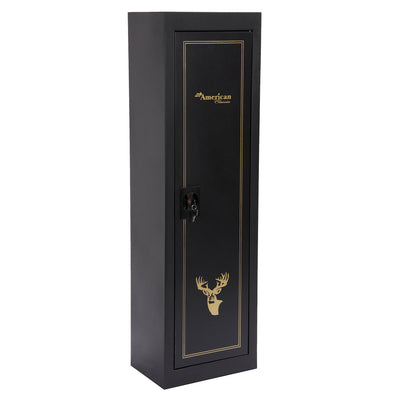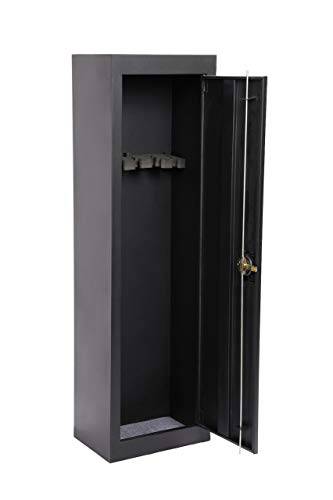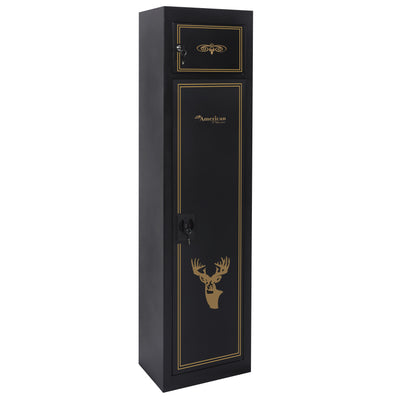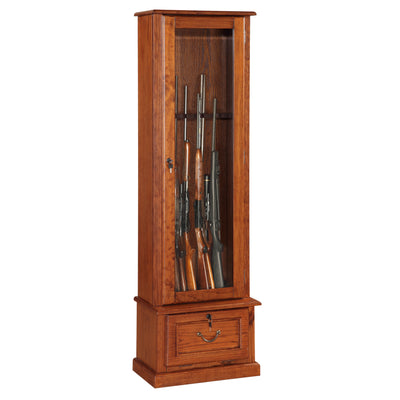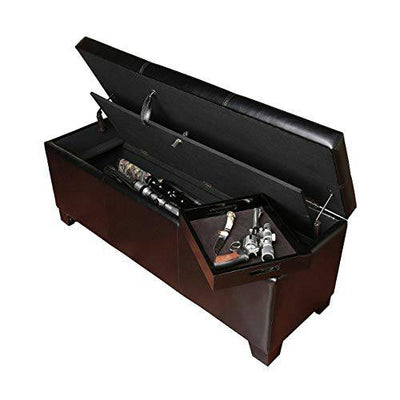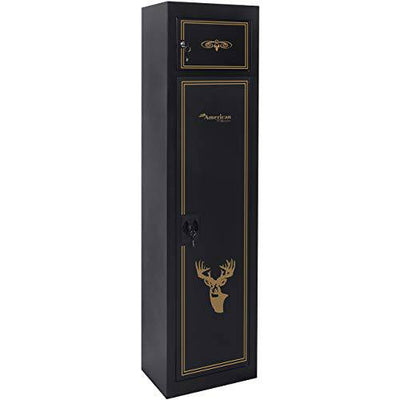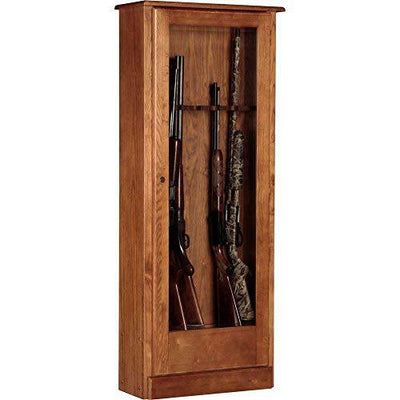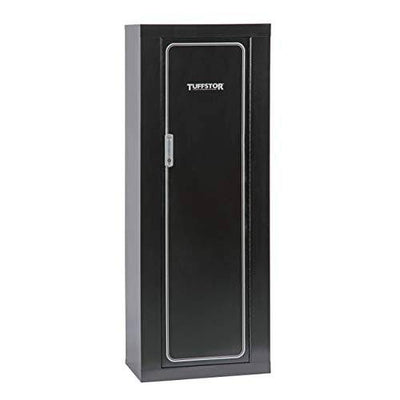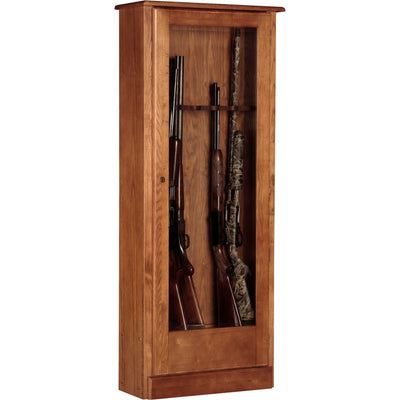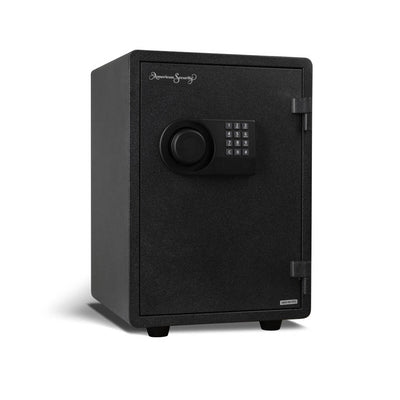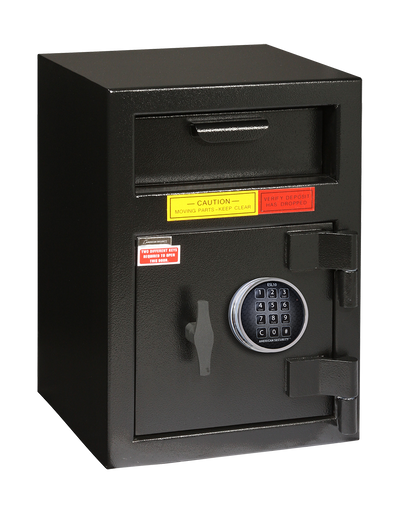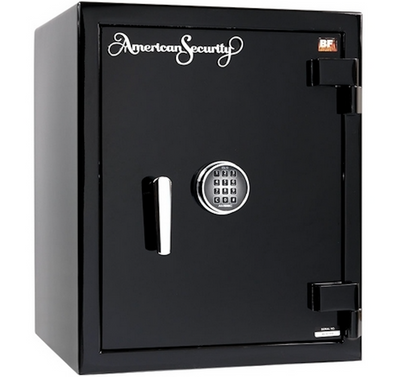Home Security Cameras - 15 Questions Customers Ask Before Purchase

When choosing a home security camera, you need to ask essential questions. What’s the camera resolution and how does it handle low-light situations? Consider the storage options, too—are they local or cloud-based? Don’t overlook whether it’s wired or wireless; each comes with pros and cons. Check the field of view for ideal coverage. Installation ease, warranty details, and potential smart home integration matter as well. Understanding these factors will guide your choice effectively. You'll uncover more vital insights ahead.
Table of Contents
- Key Takeaways
- What Is the Resolution of the Camera and Why Does It Matter?
- How Does the Camera Handle Low-Light Conditions?
- What Type of Storage Options Are Available?
- Is the Camera Wired or Wireless, and What Are the Pros and Cons of Each?
- What Is the Field of View, and How Does It Affect Coverage?
- Does the Camera Offer Two-Way Audio Capabilities?
- What Kind of Motion Detection Features Are Included?
- How Does the Camera Connect to My Home Network?
- Is There a Mobile App Available for Remote Viewing?
- What Are the Camera's Weatherproof Ratings?
- Are There Any Subscription Fees for Cloud Storage or Additional Features?
- How Easy Is the Installation Process?
- What Type of Warranty or Customer Support Is Offered?
- Can the Camera Integrate With Other Smart Home Devices?
- What Are the Privacy Implications of Using This Camera?
-
Frequently Asked Questions
Key Takeaways
- Consider the camera resolution and low-light performance to ensure clear images in various lighting conditions, enhancing security effectiveness.
- Evaluate storage options such as local, cloud, or hybrid solutions, factoring in costs and long-term data needs.
- Determine whether a wired or wireless camera fits your installation preferences and connectivity requirements for optimal performance.
- Look for additional features like two-way audio and mobile app support to improve user experience and interaction capabilities.
- Review warranty options and customer support availability to ensure assistance during and after the purchase process.
What Is the Resolution of the Camera and Why Does It Matter?
When choosing a home security camera, understanding its resolution is essential because it directly impacts the clarity and detail of the footage you’ll rely on for security. A higher resolution means sharper images, making it easier to identify faces, license plates, and other vital details. This resolution importance can't be overstated; if you’re concerned about your family’s safety, you want every detail captured clearly. Low-resolution cameras may leave you guessing, potentially compromising your peace of mind. Investing in a camera with superior camera clarity not only enhances your security but also strengthens your sense of belonging within your community. You deserve the confidence that comes from knowing your home is monitored with the best possible technology.
How Does the Camera Handle Low-Light Conditions?
When choosing a home security camera, you need to take into account how it performs in low-light situations. Different night vision technologies, like infrared and color performance, can greatly impact the video quality you receive in darkness. Understanding these options will help you make an informed decision to guarantee your home remains secure, even at night.
Night Vision Technology Options
How effectively does your security camera perform in low-light conditions? Understanding night vision technology is vital for ensuring your home’s safety after dark. Cameras equipped with infrared technology excel in low light performance, capturing clear images even when visibility is minimal. This capability is essential for monitoring your property during nighttime, providing peace of mind that you can count on.
When evaluating options, consider whether the camera switches seamlessly to infrared mode, ensuring you won’t miss any important details. Look for features like adjustable sensitivity and range to enhance your experience. Investing in a camera that handles low-light conditions well not only enhances security but also fosters a sense of belonging, knowing your home is protected at all hours.
Infrared vs. Color Performance
What kind of performance can you expect from your security camera in low-light situations? When it comes to low-light conditions, infrared capabilities are essential. Cameras equipped with infrared can capture clear images in complete darkness, ensuring you won’t miss significant details. However, while infrared excels in visibility, it often sacrifices color accuracy, rendering images in grayscale. If your priority is identifying individuals or distinguishing colors—say, for recognizing uniforms or vehicles—you might want to take into account models that offer enhanced low-light color performance. These cameras use advanced sensors to maintain color integrity, even in dim settings. Ultimately, your choice should align with your security needs, balancing the necessity for clear visibility with the significance of accurate color representation.
Video Quality in Darkness
Have you ever wondered how well your security camera can capture video in low-light conditions? The low light performance of your camera is essential for ensuring safety during the night. You want to know that even in darkness, your camera can deliver clear images, enhancing night visibility. Look for features like infrared capabilities or advanced sensors that can adapt to dim settings. Many modern cameras excel in low-light environments, offering color video in near darkness, which is important for identifying potential intruders. Before you purchase, consider how well the camera handles these conditions. After all, peace of mind comes from knowing your home is secure, no matter the time of day. Invest wisely, and you’ll feel a sense of belonging to a safer community.
What Type of Storage Options Are Available?
When choosing a home security camera, understanding storage options is essential for ensuring your footage is safely kept. You can opt for cloud storage solutions, which provide convenience and remote access, or local storage devices that keep your data on-site for greater control. Hybrid storage options combine both methods, giving you the best of both worlds and added flexibility.
Cloud Storage Solutions
How can you guarantee your home security footage is accessible and secure? Cloud storage solutions offer a reliable way to store your video data while enhancing data security. With these options, you can feel confident that your footage is safeguarded and easy to retrieve when needed. Here are three key benefits of cloud storage for your home security:
-
Automatic Backup: Your footage is continuously uploaded, ensuring you never lose critical data.
-
Remote Access: You can view your recordings from anywhere, providing peace of mind while you're away.
-
Scalability: As your needs grow, you can easily adjust your storage plan without investing in new hardware.
Choosing cloud storage means investing in your security and staying connected to your home, wherever you are.
Local Storage Devices
While cloud storage offers convenience, many homeowners still prefer local storage devices for their security camera footage. One major advantage is the control you gain over your data. You're not reliant on internet access or third-party services, which can provide peace of mind. Local storage options, like DVRs or external hard drives, allow you to keep footage securely at home, reducing the risk of hacking. However, there are limitations to take into account. Local devices may have finite storage space, meaning you could lose older footage as new recordings overwrite the old. Ultimately, understanding these local storage advantages and limitations can help you make an informed choice that meets your security needs and fosters a sense of ownership over your home’s safety.
Hybrid Storage Options
As you explore security camera options, you'll find hybrid storage solutions that combine the benefits of both local and cloud storage, giving you the best of both worlds. This approach enhances data security while ensuring you have easy access to your footage. Here are three key advantages of hybrid storage:
-
Flexible Access: You can view your recordings from anywhere, anytime, thanks to cloud capabilities, while also having local backups for immediate retrieval.
-
Enhanced Security: Storing your footage both locally and in the cloud minimizes the risk of data loss and unauthorized access.
-
Cost Efficiency: Hybrid solutions often reduce the need for large cloud storage subscriptions, balancing your budget and security needs.
Choosing hybrid storage means you're investing in peace of mind and safeguarding what matters most to you.
Is the Camera Wired or Wireless, and What Are the Pros and Cons of Each?
When choosing a home security camera, one essential consideration is whether to opt for a wired or wireless model. Wired cameras offer benefits like consistent power supply and stable video quality, making them reliable for long-term surveillance. However, installation can be challenging and may require professional help. On the other hand, wireless cameras provide flexibility in placement and easier installation, letting you adapt to your home’s layout. Yet, they come with drawbacks such as potential connectivity issues and reliance on batteries, which can lead to unexpected downtime. Weigh these options carefully; the right choice depends on your specific needs and circumstances. Embrace security that fits seamlessly into your life and gives you peace of mind.
What Is the Field of View, and How Does It Affect Coverage?
The field of view (FOV) is a critical specification that directly influences the effectiveness of your home security camera. Understanding FOV helps you guarantee extensive coverage of your space. Here’s how it impacts your decision:
-
Field Coverage: A wider FOV means more area is captured, reducing blind spots.
-
Viewing Angles: Different cameras offer varying angles; some can pan or tilt for better coverage.
-
Installation Location: Knowing the FOV helps you choose ideal installation spots, maximizing surveillance.
Does the Camera Offer Two-Way Audio Capabilities?
When considering a home security camera, you shouldn't overlook the importance of two-way audio capabilities. This feature not only enhances communication with visitors or family members but also boosts your ability to monitor security situations in real-time. By investing in a camera with this functionality, you gain a powerful tool for both deterrence and responsiveness in your home security strategy.
Enhanced Communication Features
How essential is it for you to communicate directly with visitors or potential intruders? Enhanced communication features, like two-way audio, can greatly elevate your home security experience. Here’s why you should consider this capability:
-
Immediate Interaction: Speak directly to visitors without opening the door, providing a sense of safety.
-
Deterrent for Intruders: Your voice can deter potential threats, making them think twice before approaching.
-
User-Friendly Interface: Many cameras offer a streamlined interface, allowing for quick access to real-time alerts and two-way communication.
Investing in a camera with these features not only enhances your security but also fosters a sense of belonging and control over your home environment. Don’t underestimate the power of connection in safeguarding your space!
Security Monitoring Benefits
Enhanced communication features like two-way audio not only improve interaction with visitors but also play an essential role in security monitoring. By allowing you to communicate directly with delivery personnel or potential intruders, you gain significant security advantages. This capability can deter unauthorized access and enhance your home’s safety. Furthermore, two-way audio can streamline monitoring costs by reducing the need for additional security personnel; you can handle communication directly through your camera. Imagine the peace of mind knowing you can address situations in real-time. Investing in a camera with this feature not only fosters a sense of belonging within your community but also guarantees your home remains a safe haven for you and your loved ones.
What Kind of Motion Detection Features Are Included?
What specific motion detection features should you look for in a home security camera? Understanding these features can greatly enhance your sense of safety and belonging in your home. Here are three key aspects to take into account:
-
Motion Sensitivity Settings: Make sure you can adjust the sensitivity to minimize false alarms, so you only get alerts when it truly matters.
-
Detection Zone Customization: Look for cameras that let you define specific areas to monitor, reducing unnecessary notifications from irrelevant movements.
-
Real-Time Alerts: Opt for cameras that send immediate notifications to your phone, keeping you informed about any potential threats.
How Does the Camera Connect to My Home Network?
When choosing a home security camera, understanding how it connects to your network is essential. You'll need to decide between a wired or wireless connection, as each option has its own advantages and limitations. Additionally, consider Wi-Fi compatibility and power source requirements to guarantee seamless integration into your home setup.
Wired vs. Wireless Connection
How do you decide between a wired and wireless connection for your home security camera? Each option has its unique advantages, and understanding them can help you choose what's best for your needs.
-
Wired Benefits: Wired cameras offer a stable connection, reducing the risk of signal loss and providing superior video quality.
-
Wireless Convenience: Wireless cameras are easier to install and can be placed anywhere within range of your Wi-Fi, allowing for flexibility in positioning.
-
Installation Considerations: Think about your home's layout; wired options may require professional installation and additional equipment, while wireless may need battery management.
Ultimately, the choice boils down to your personal preferences and the specific security needs of your home. Balancing reliability with convenience is key.
Wi-Fi Compatibility Requirements
Are you confident your home Wi-Fi can support a security camera? Understanding Wi-Fi compatibility is vital before your purchase. Most cameras require specific Wi-Fi standards, like 802.11n or 802.11ac, to guarantee seamless connectivity. Check your router’s capabilities—if it’s outdated, you may experience lag or disconnection issues. Bandwidth requirements also play a significant role; a camera streaming high-definition video needs more bandwidth than one capturing lower quality. Evaluate your internet speed, especially if multiple devices are connected simultaneously. By confirming your Wi-Fi can handle the demands of a security camera, you’ll feel more secure knowing your home is monitored effectively. Make sure you’re ready to invest in both the camera and an adequate network.
Power Source Considerations
After confirming your Wi-Fi can support a security camera, it’s time to contemplate how the camera will connect to your home network. You'll want to evaluate the power source, as it directly affects the camera's performance and reliability. Here are three key factors to keep in mind:
-
Battery Types: Choose between rechargeable, lithium, or traditional batteries. Each has its pros and cons regarding longevity and ease of use.
-
Power Efficiency: Look for cameras designed for maximum power use, guaranteeing they won’t drain quickly and leave you unprotected.
-
Wiring Options: Some models require hardwiring, while others are wireless. Decide which suits your home setup best.
Making informed choices about these aspects guarantees your security camera operates effectively, giving you peace of mind.
Is There a Mobile App Available for Remote Viewing?
Wondering if you can monitor your home security camera remotely? You’ll want to check if the system offers a mobile app with robust features. A good mobile app not only allows you to view live footage but also provides remote access capabilities, letting you keep an eye on your home from anywhere. Imagine being able to receive real-time notifications, zoom in on important activity, or even speak through the camera—all from your smartphone. These features help you feel connected and in control, even when you're away. Plus, having a reliable app enhances your security experience, ensuring you’re never out of touch with what matters most. Don't overlook this essential aspect when choosing your home security camera.
What Are the Camera's Weatherproof Ratings?
How well can your home security camera withstand the elements? Understanding the camera's weatherproof ratings is essential for guaranteeing its durability and effectiveness, especially if you plan to install it outdoors. You don’t want to invest in a camera that can’t handle rain, snow, or extreme temperatures.
Consider these key factors when evaluating weatherproof ratings:
-
IP Rating: Look for an IP66 or higher, indicating strong dust and water resistance.
-
Temperature Range: Verify it operates effectively in your climate, ideally between -20°C to 50°C (-4°F to 122°F).
-
Material Quality: Durable materials like aluminum or high-grade plastic can greatly enhance longevity.
Choosing a camera with robust weatherproof ratings will give you confidence that it’ll perform reliably, no matter the conditions.
Are There Any Subscription Fees for Cloud Storage or Additional Features?
Are you prepared to manage potential ongoing costs associated with your home security camera? Many systems come with subscription options for cloud storage, allowing you to save and access footage remotely. However, these plans often vary in price and features, meaning you might face feature limitations without the right subscription. Think about what you truly need—do you want long-term storage or advanced features like AI detection? Evaluating these factors upfront can prevent surprises later. Remember, while a lower initial camera cost is appealing, the total expense can rise considerably with ongoing fees. Make sure you understand the subscription landscape before you commit, so you can choose a system that meets your security needs and budget effectively.
How Easy Is the Installation Process?
When considering a home security camera, the installation process can greatly influence your decision. You want a system that minimizes installation challenges and offers user-friendly features. Here are three key aspects to evaluate:
-
Setup Time: Look for cameras that promise quick installation, ideally within minutes, to avoid frustration.
-
Instructions: Detailed guides and video tutorials can make a huge difference. Check if the manufacturer provides clear resources.
-
Wiring Options: Consider whether you prefer wireless models, which typically simplify the process, or wired options that may require professional help.
What Type of Warranty or Customer Support Is Offered?
What guarantees do you have if something goes wrong with your home security camera? Understanding the warranty options and customer service offered is vital for your peace of mind. A solid warranty can protect your investment, while reliable customer service guarantees you get help when needed.
| Warranty Options | Customer Service |
|---|---|
| 1-Year Limited Warranty | 24/7 Phone Support |
| 2-Year Extended Warranty | Online Chat Assistance |
| Money-Back Guarantee | Email Support Response |
| Lifetime Warranty | Community Forum Access |
Before you buy, check these aspects. A strong warranty and attentive customer service create a sense of security, knowing you’re not alone in addressing any issues. It’s about feeling supported in your home protection journey.
Can the Camera Integrate With Other Smart Home Devices?
If you want a truly connected home security experience, guaranteeing your camera can integrate with other smart home devices is essential. This smart home integration not only enhances security but also provides convenience. Before you buy, consider these key points about device compatibility:
-
Ecosystem Compatibility: Check if the camera works with your existing smart home system, like Google Home or Amazon Alexa.
-
Automation Features: Look for cameras that can trigger other devices, such as lights or alarms, when motion is detected.
-
App Integration: Guarantee the camera's app allows seamless control over multiple devices from one platform.
What Are the Privacy Implications of Using This Camera?
How can you guarantee your privacy while using a home security camera? It's essential to weigh privacy concerns and ethical considerations before making a purchase. You’ll want to reflect on how the camera collects, stores, and shares data. Here’s a quick guide to help you understand:
| Aspect | Considerations |
|---|---|
| Data Storage | Where is your footage stored? |
| Access Control | Who can view the camera feed? |
| Encryption | Is the data encrypted during transmission? |
| Third-Party Sharing | Does the company share data with others? |
| User Consent | Are you informed about data usage practices? |
Frequently Asked Questions
What Is the Lifespan of the Camera's Battery?
Like a heartbeat, your camera's battery needs attention. Generally, it lasts several months, but battery maintenance is essential. Check replacement options to guarantee continuous protection, keeping your home safe and secure for you and your loved ones.
Can the Camera Operate in Extreme Weather Conditions?
When choosing a camera, consider its weather resistance and temperature range. You want a device that performs reliably in extreme conditions, ensuring your property’s security without interruptions, no matter what Mother Nature throws at it.
Does the Camera Support Facial Recognition Technology?
Isn’t it comforting to know your security camera can recognize faces? If it supports facial detection and advanced image processing, you’ll enhance your home’s safety, making it a smart choice for peace of mind.
How Does the Camera Handle False Alarms?
When considering false alarm prevention, check how the camera utilizes advanced algorithms and notification methods. You’ll want a system that minimizes unnecessary alerts, ensuring you stay informed without feeling overwhelmed by constant notifications.
Are There Any Compatibility Issues With Older Home Networks?
Could your outdated network hinder your security? If you’ve got older equipment, consider network upgrades to guarantee ideal signal strength. Compatibility issues may arise, so evaluating your setup’s readiness is essential for seamless protection.









